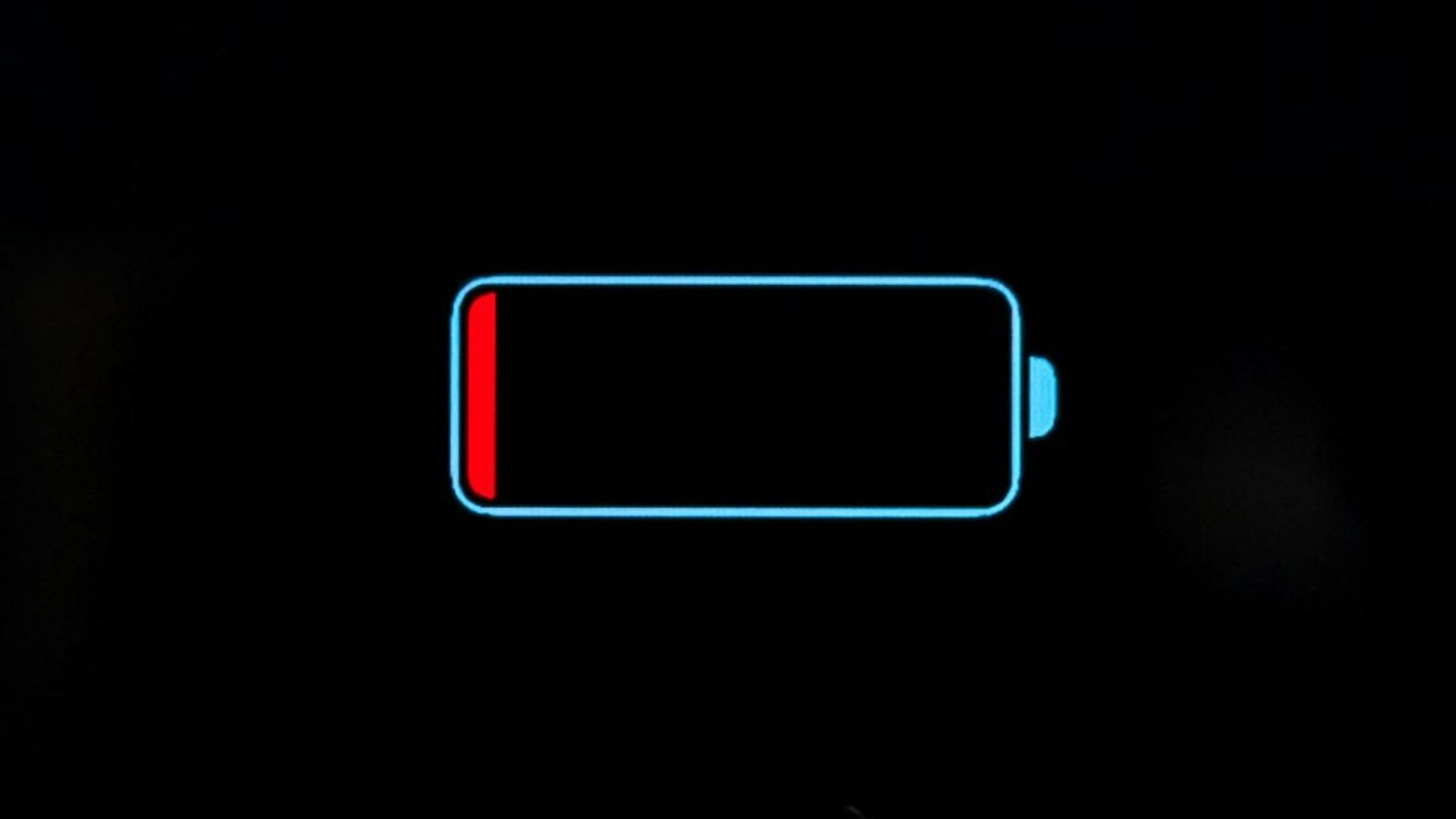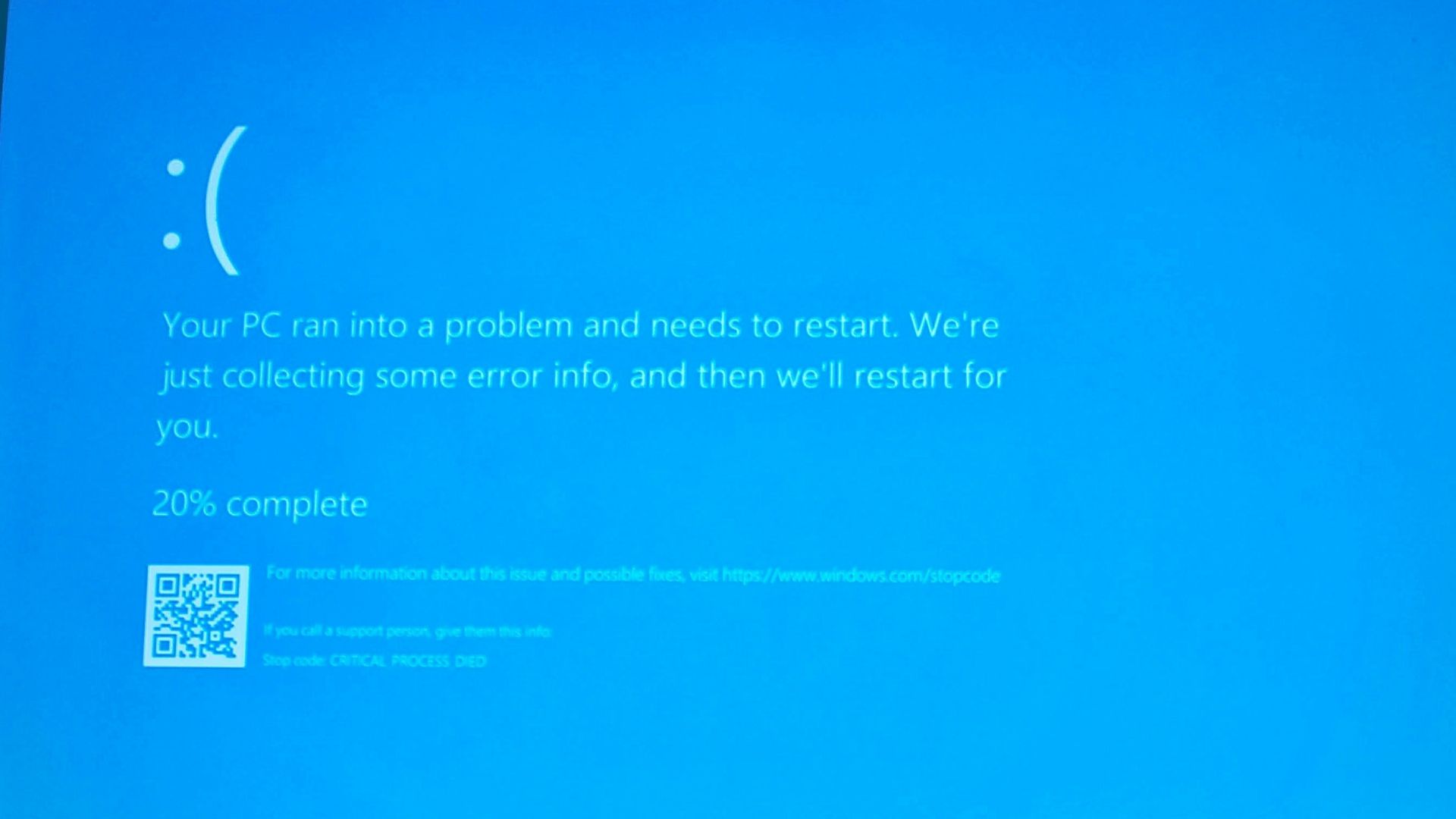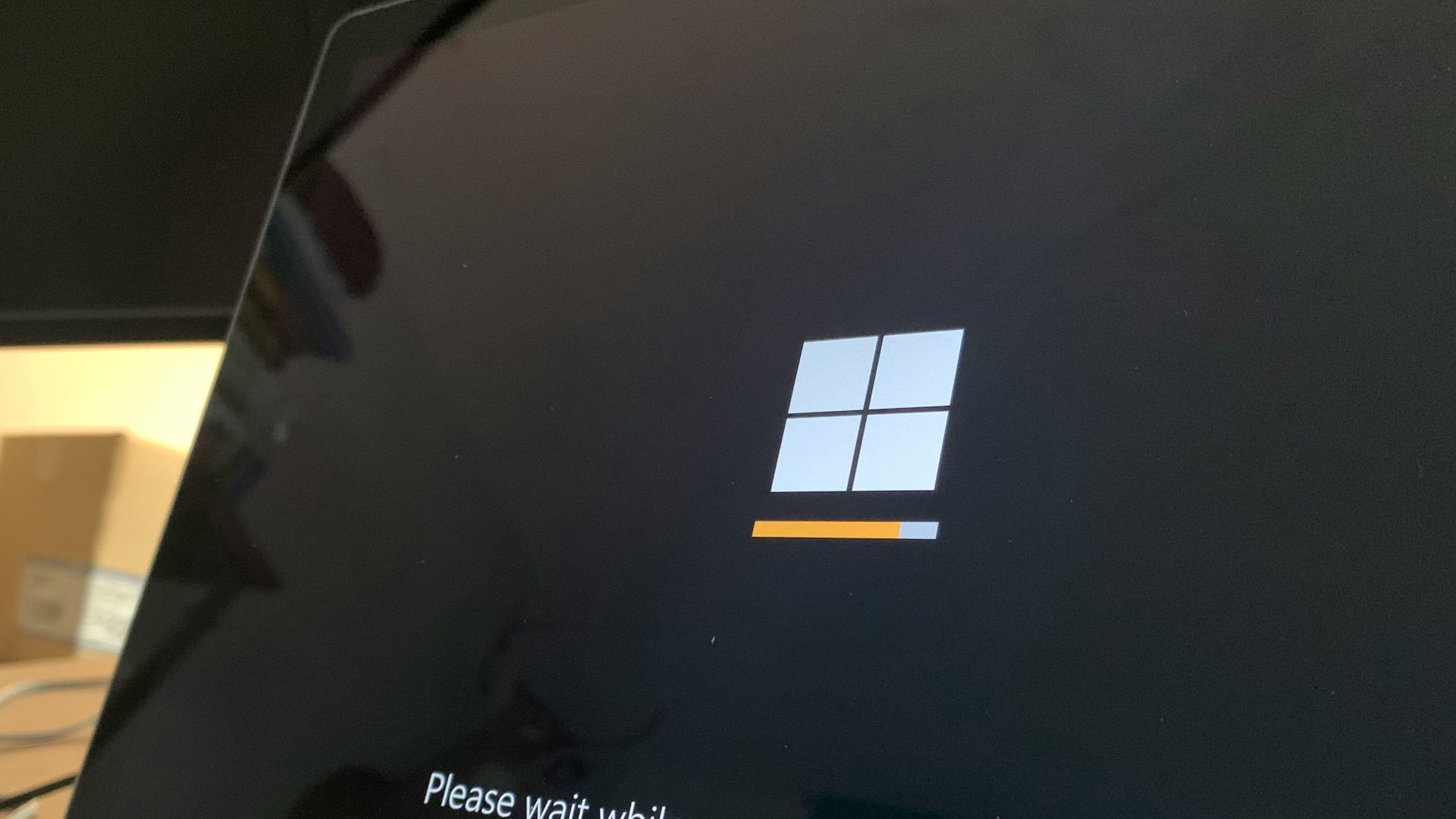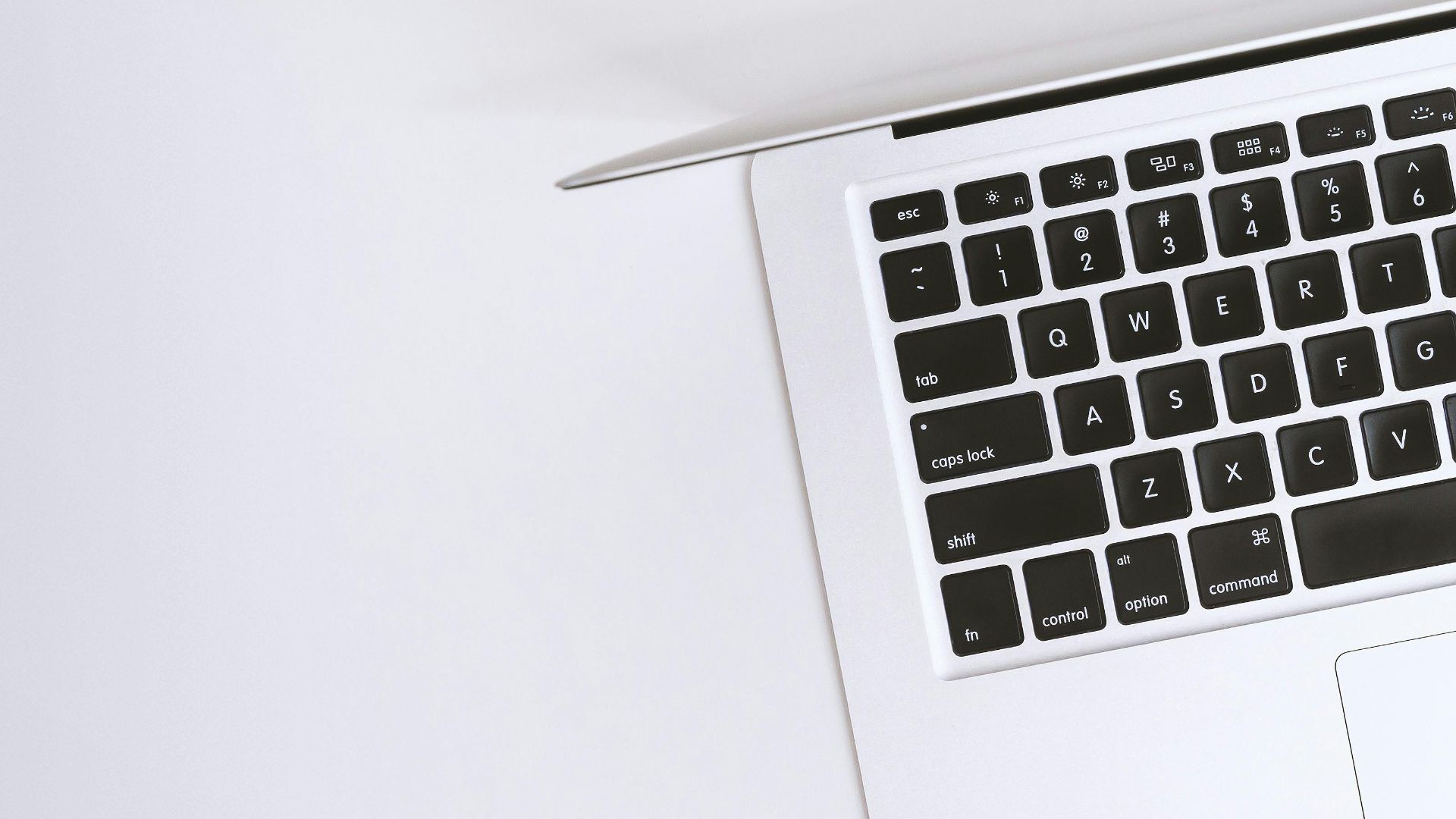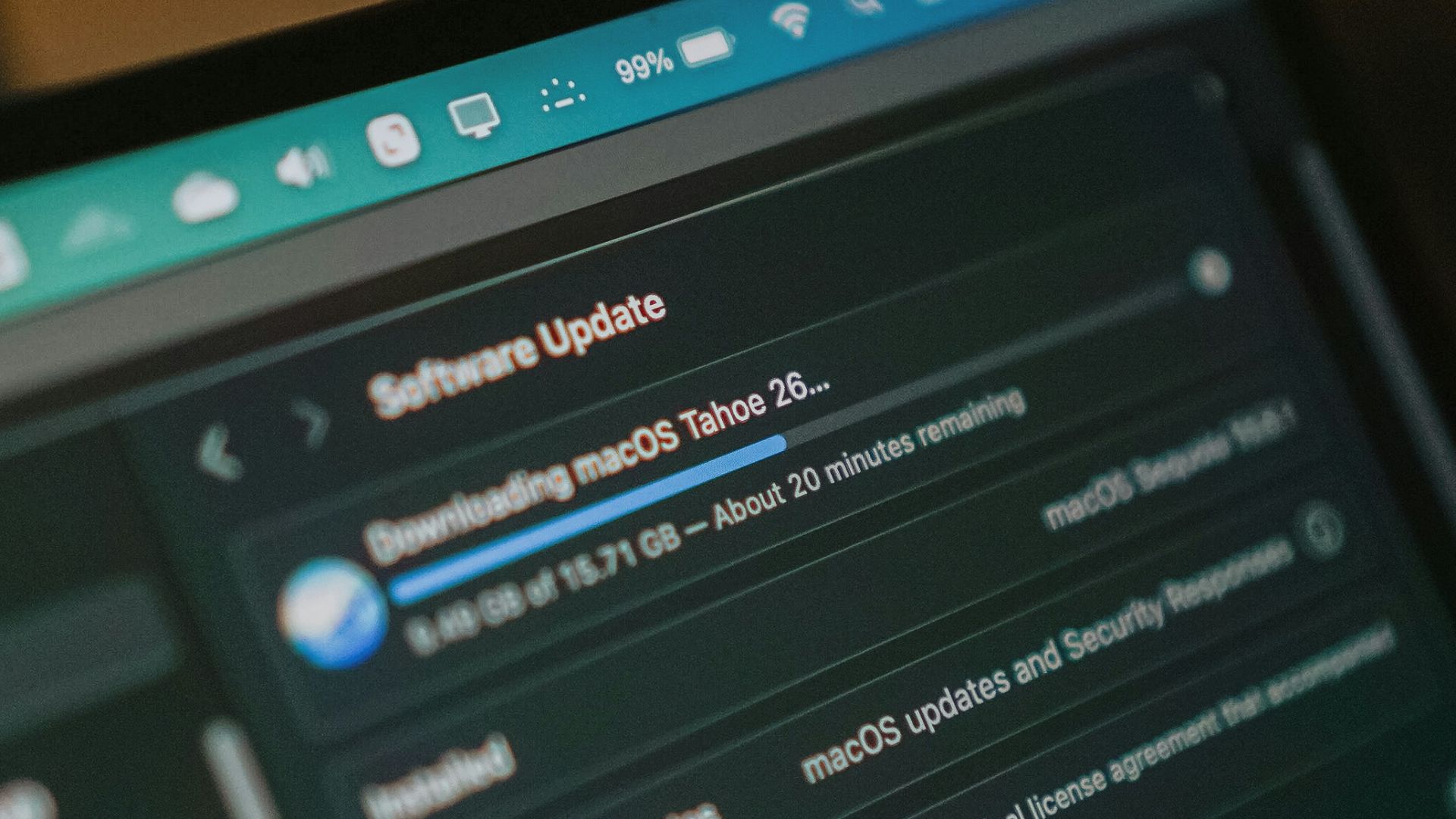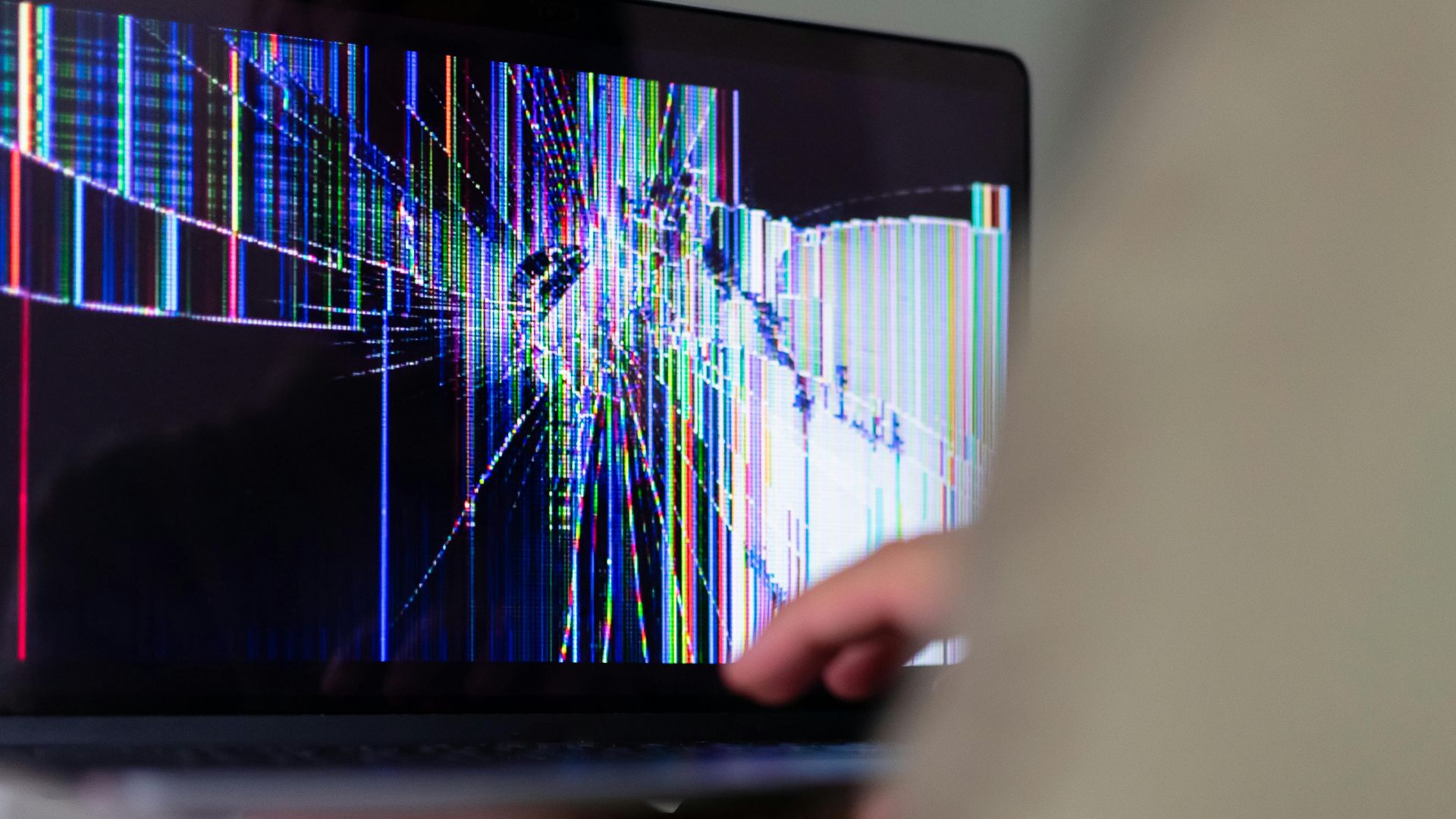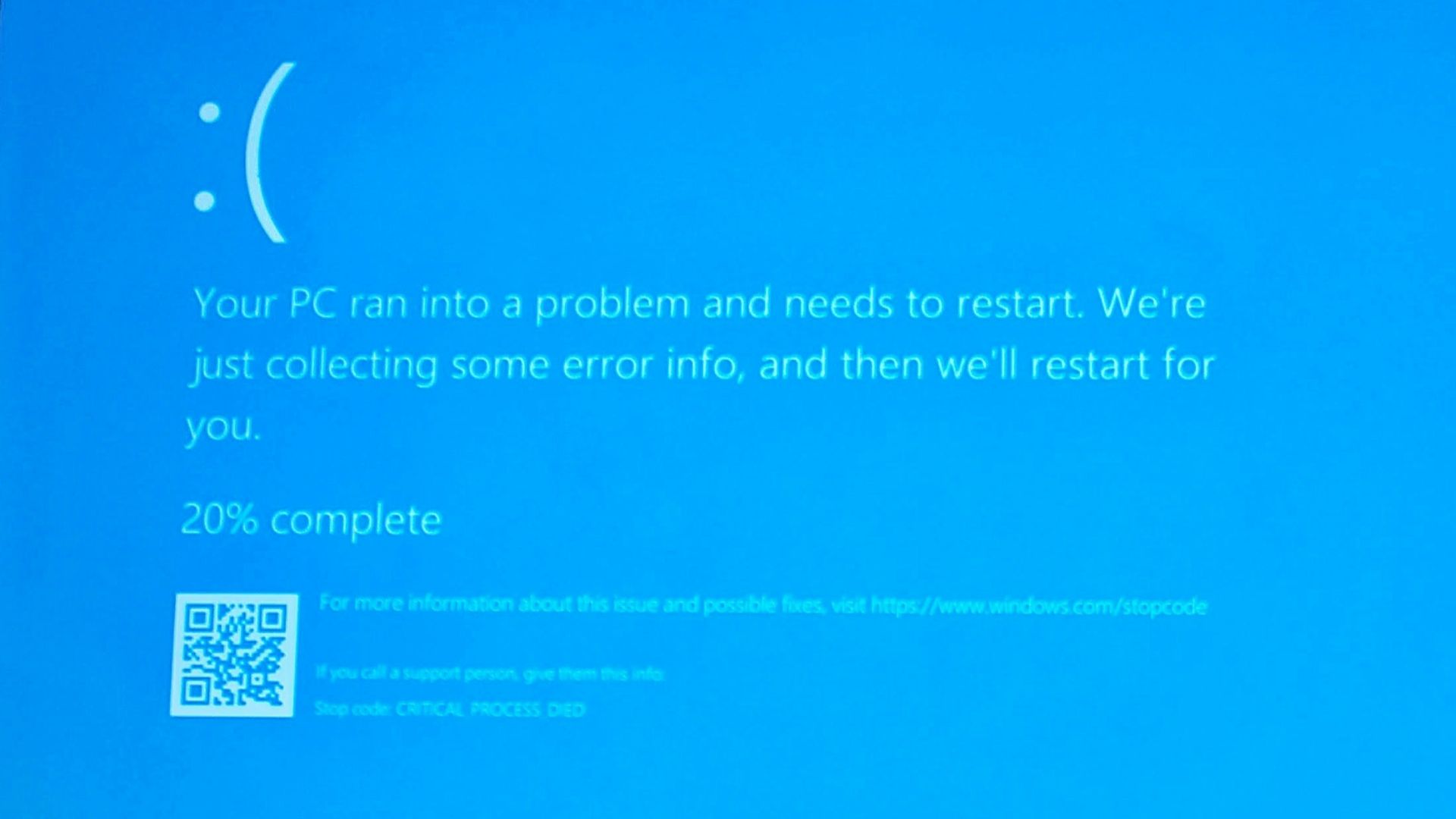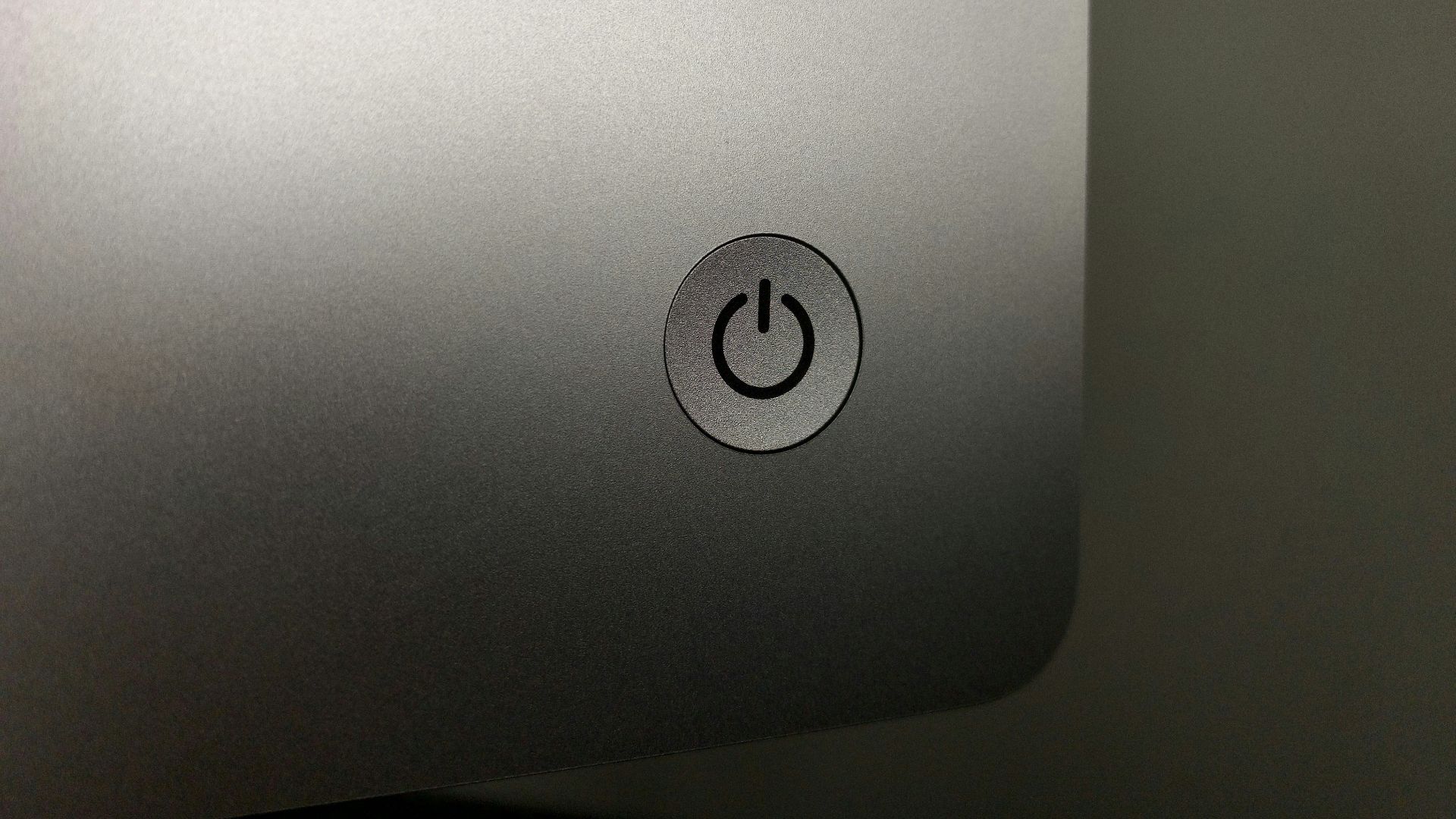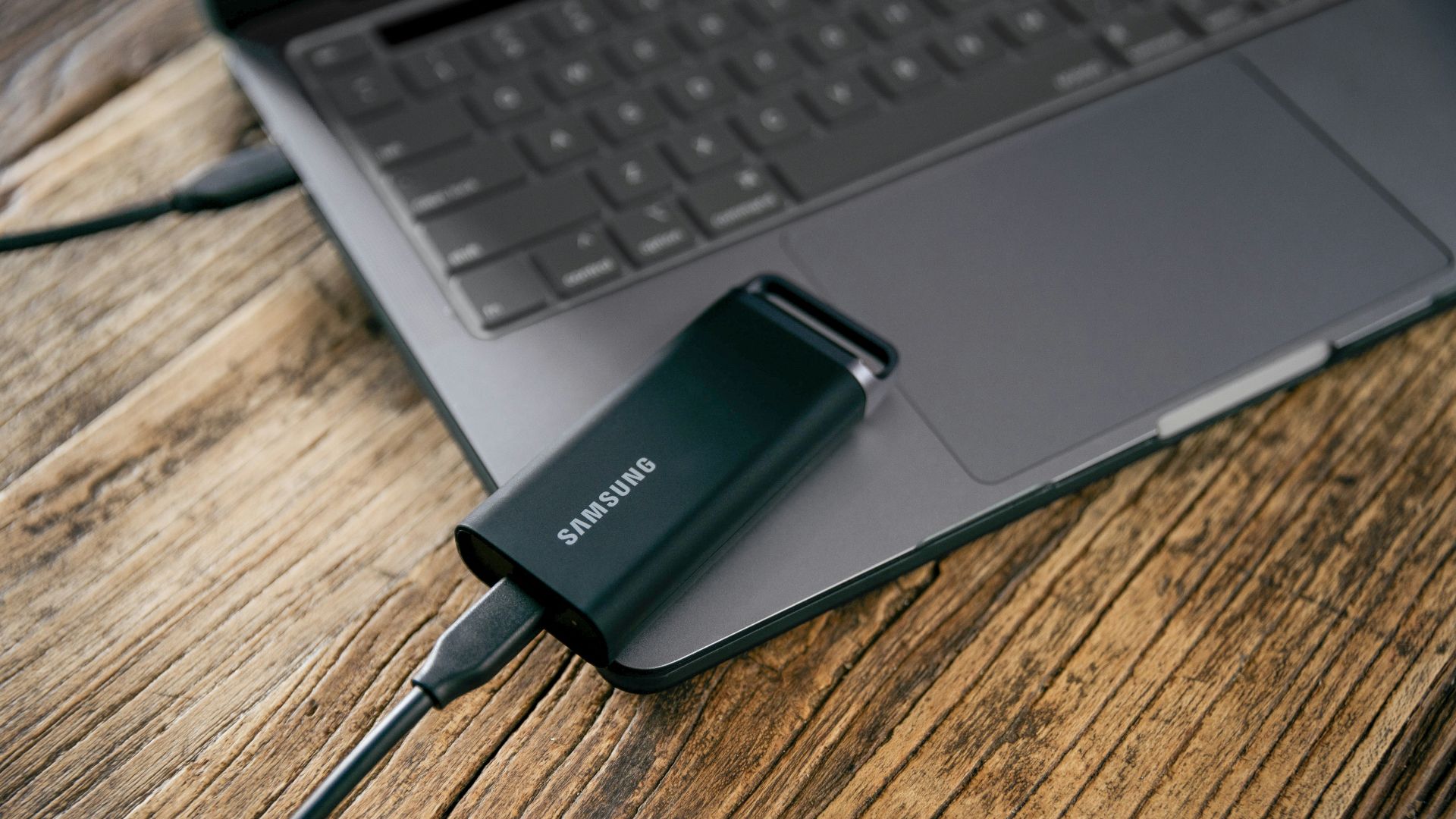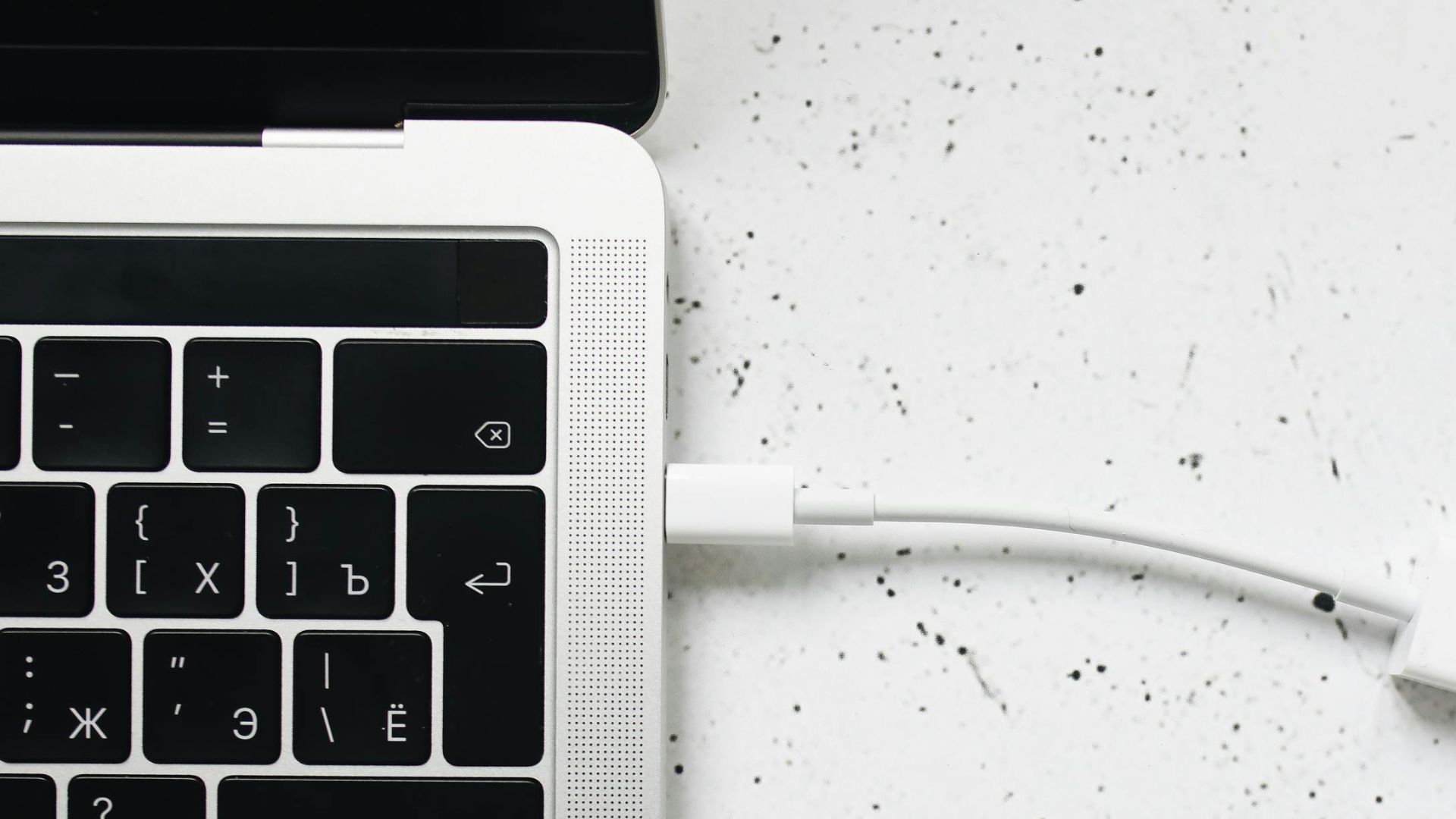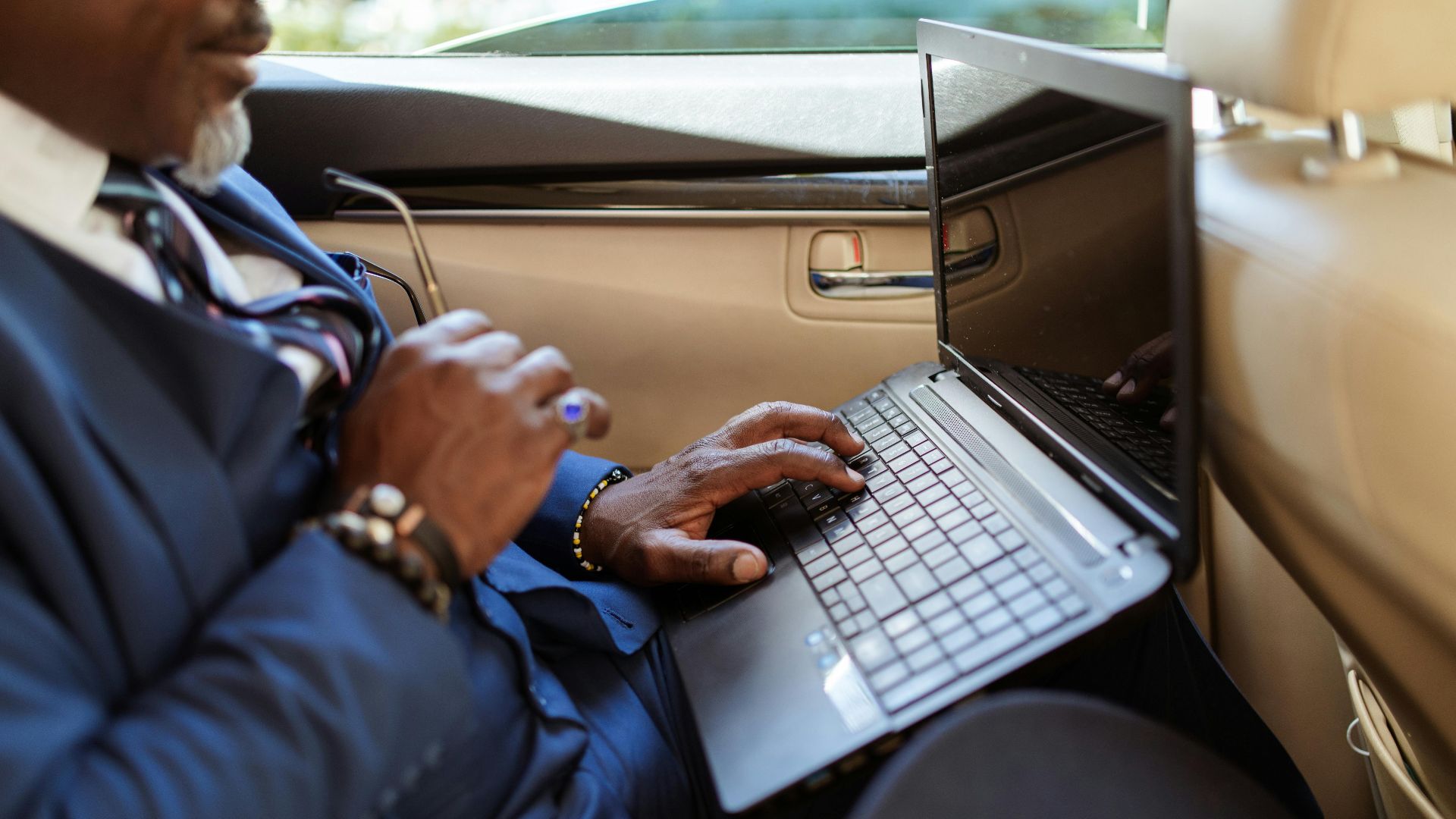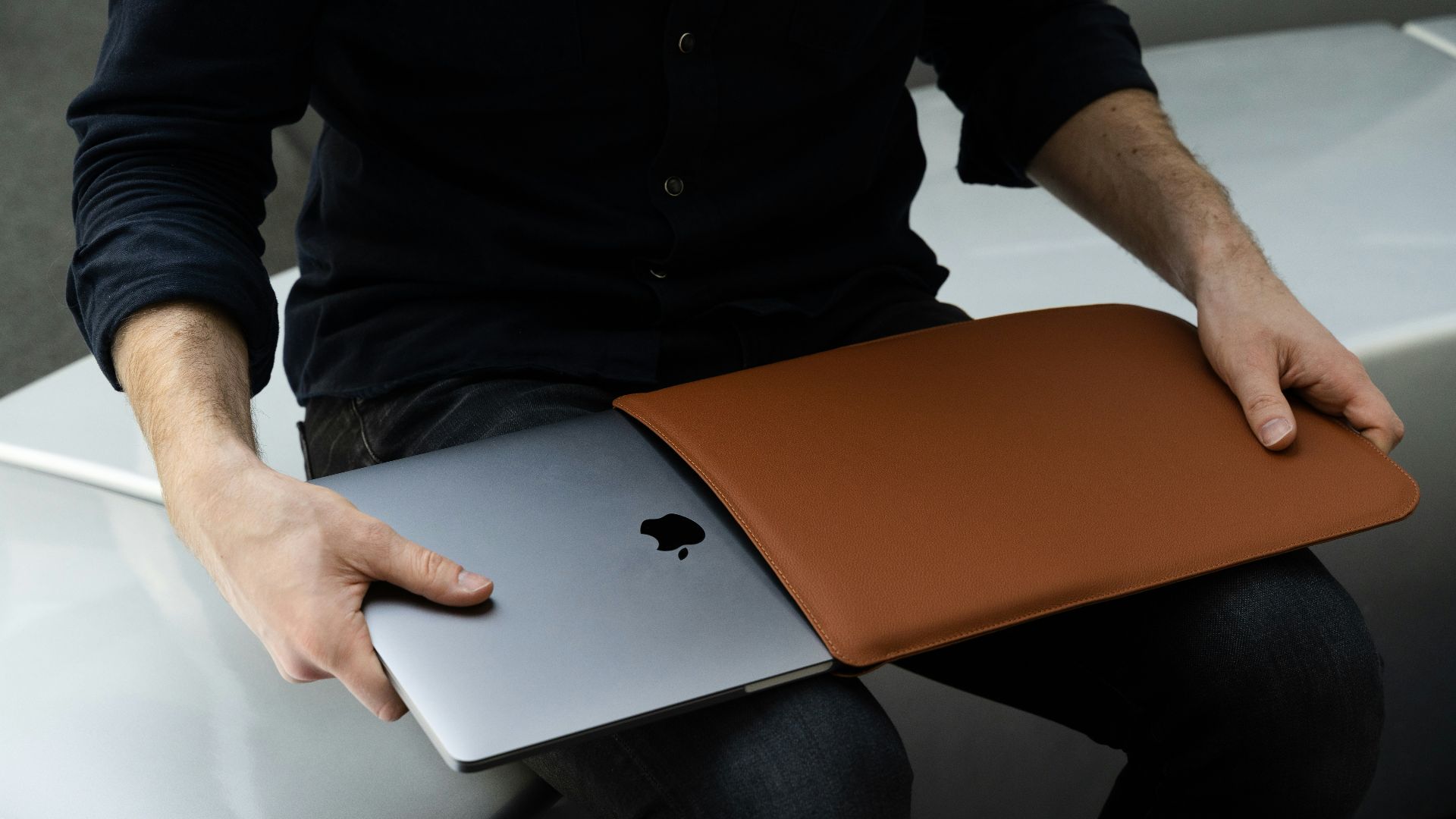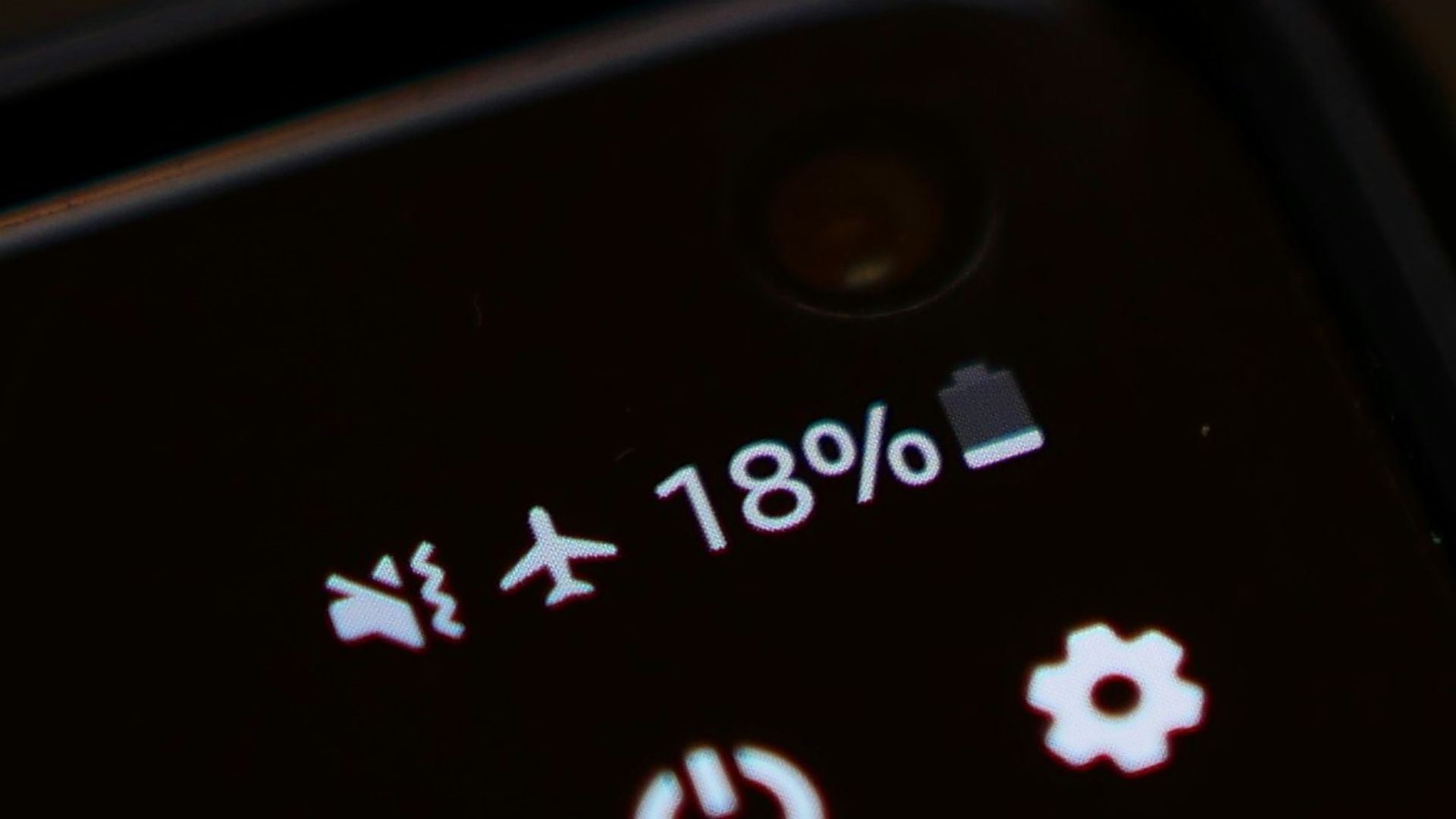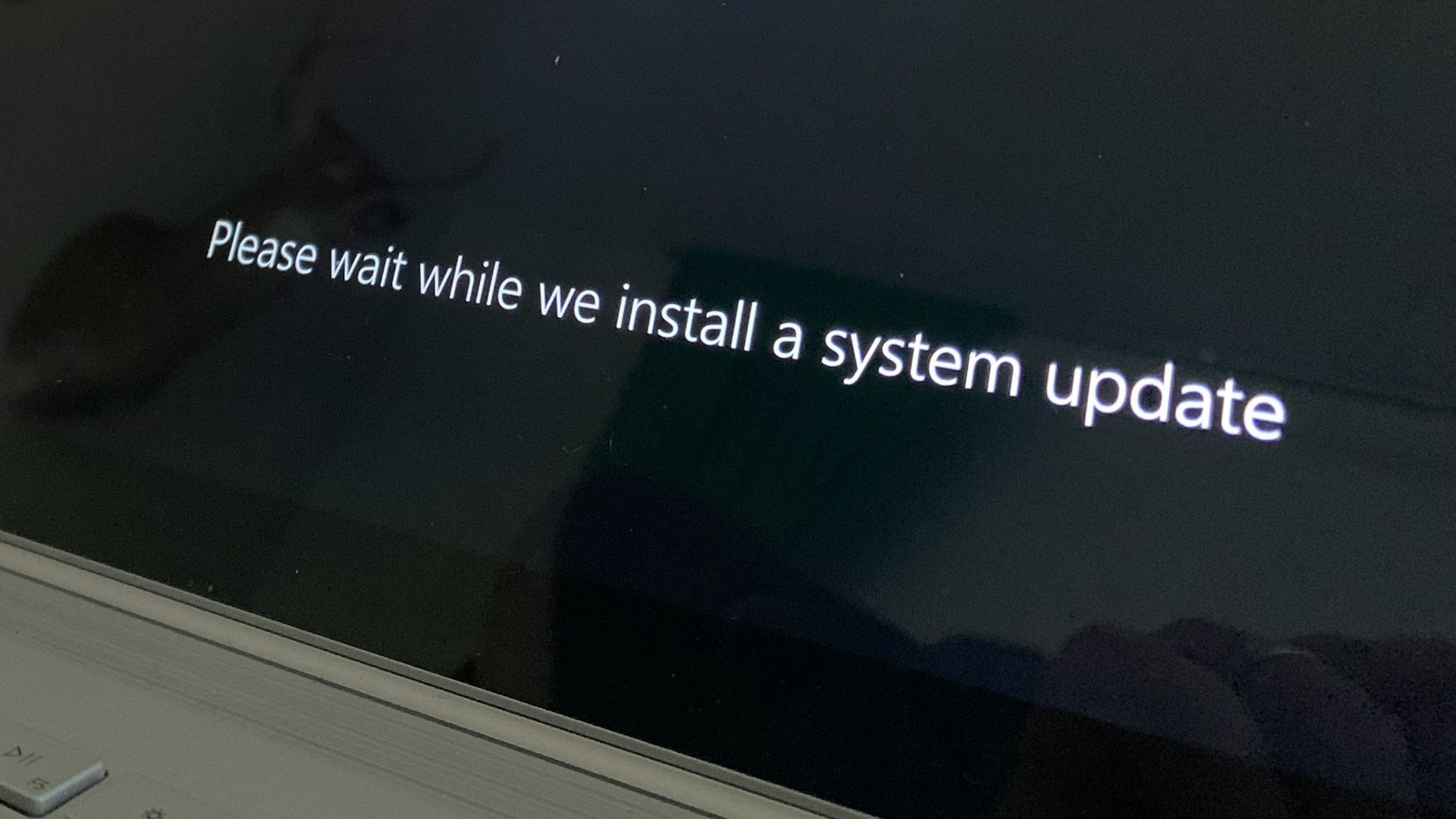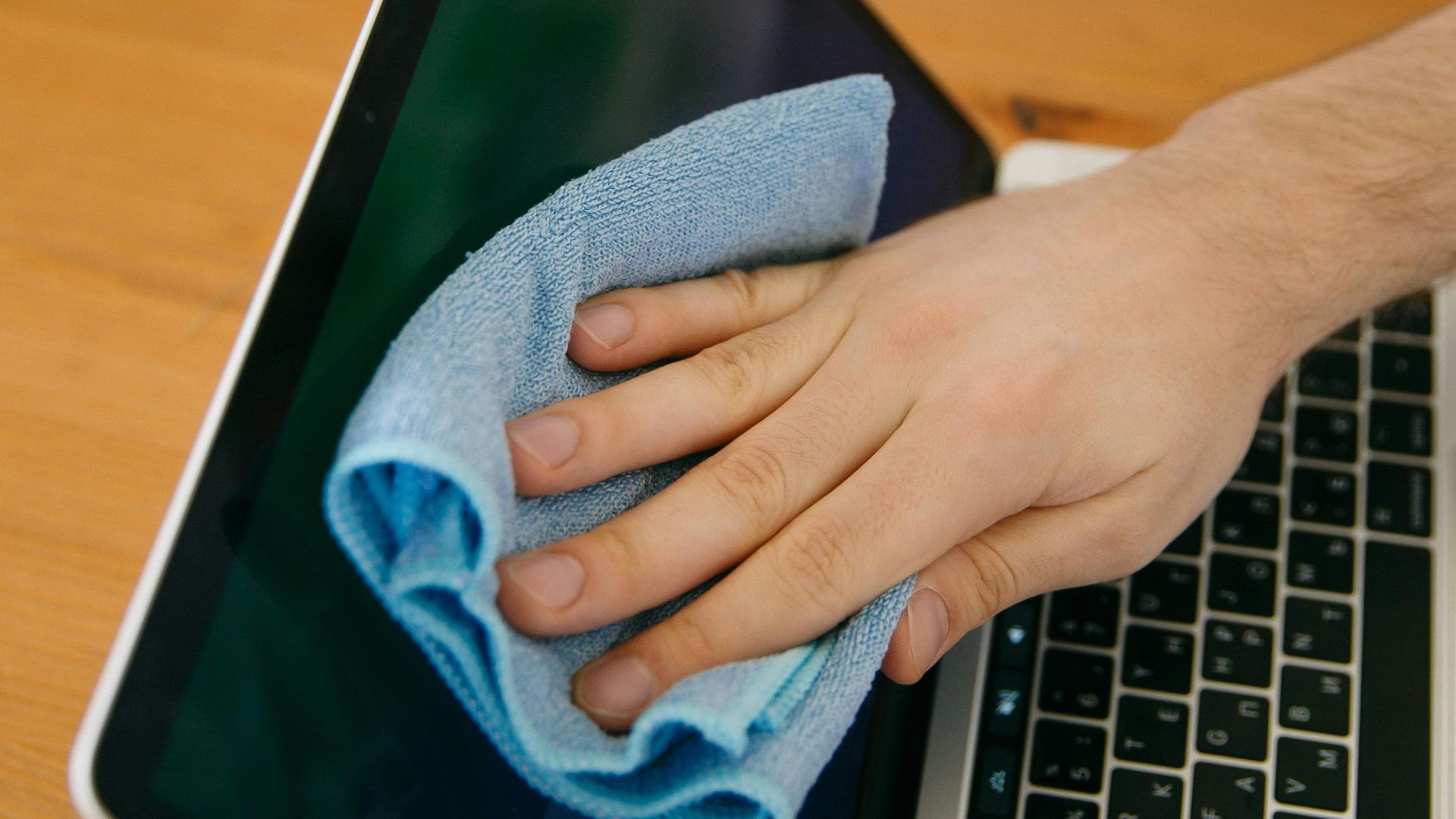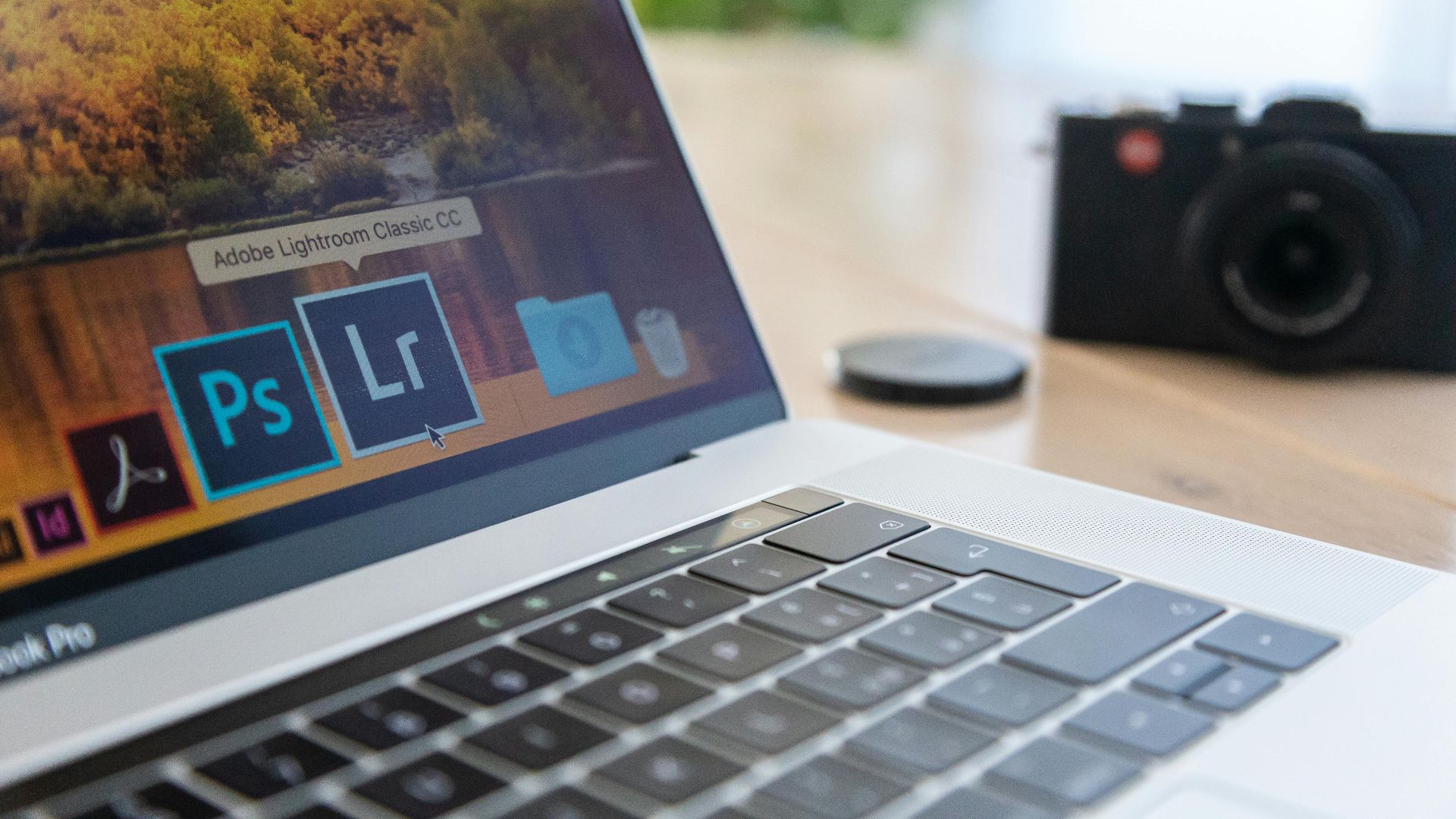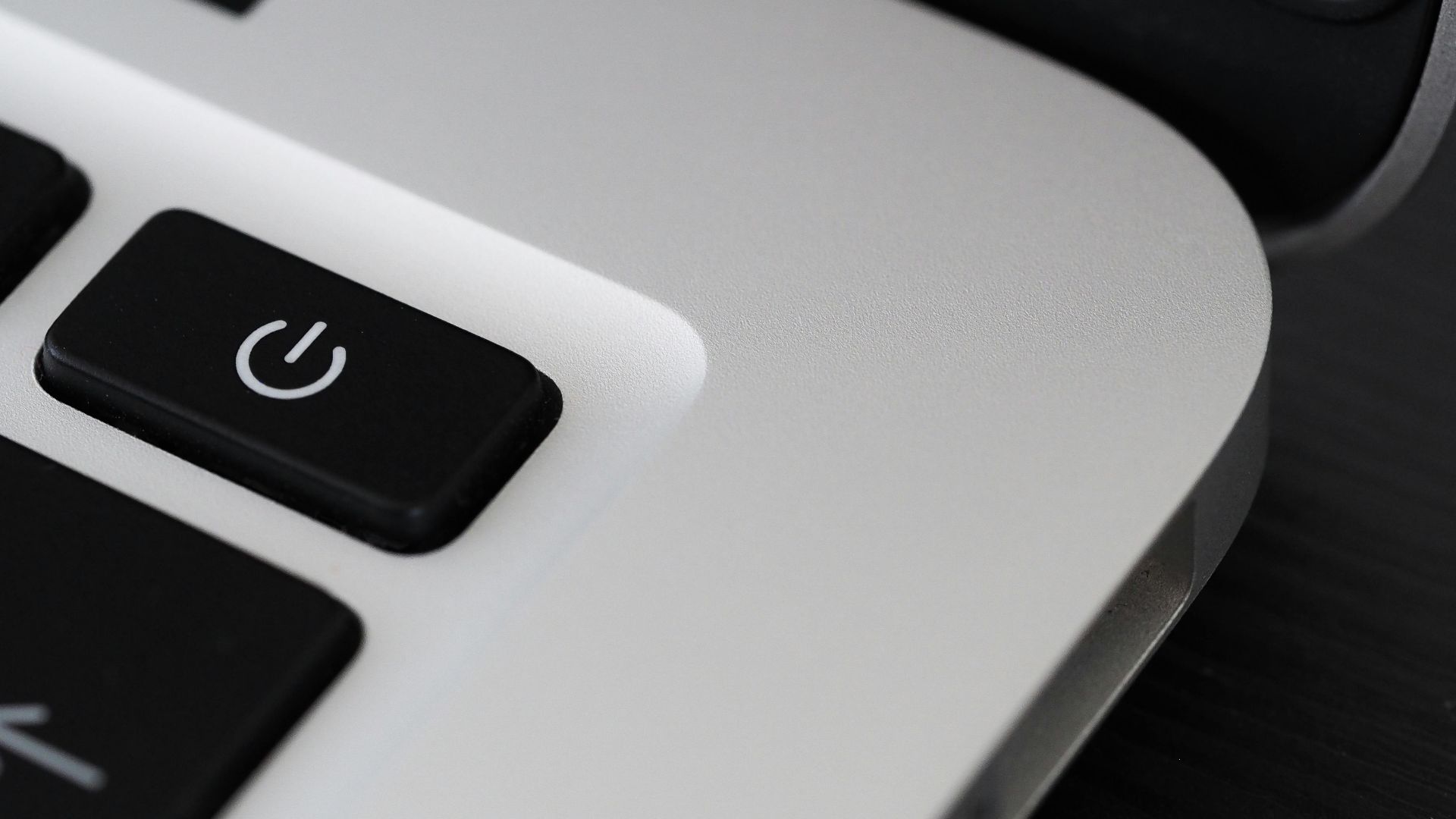Is It Time to Upgrade?
Is your laptop constantly lagging or shutting down on its own? Does it barely last on a single charge and always need to be plugged in? Are the fans running like airplane engines every time you so much as open a tab? If so, it might be time to start shopping for a new model. Sometimes, though, it's not that your device is on its last legs, but that it just needs a little refresh and better care. Here are 10 signs there's no turning back, and 10 proven tricks that help you extend your laptop's life.
1. It Can't Hold a Charge
Does your laptop only boot up when it's plugged into its charger? Does it immediately go black as soon as you take it off its power source? Even if you might be able to get away with this issue if you only ever use your laptop at home, it can still be inconvenient and may be a sign you should get a new one. After all, your laptop is meant to be portable.
2. It Takes Forever to Start Up
Another sign you might want to replace your laptop is if it takes forever to boot up. You might expect it to take a couple of minutes if it's an old model, but if it needs at least half an hour to properly start up, you might want to start shopping.
3. The Fans Are Way Too Loud
Do the fans sound like a helicopter? Loud enough that people might mistake it for a vacuum cleaner or a stove exhaust fan? Sure, noisy fans don't always mean you need to replace your laptop right away, but it does mean you probably won't be able to bring it anywhere public.
4. It Has a Virus
Uh-oh. When your laptop has a virus, it can feel a lot like the end of the road for it. It might not be a hard fix, but it can be costly and time-consuming. Plus, if you need your laptop (and only have one computer) to do work and other tasks, going without it for a week or more might seem impossible.
5. It Doesn't Get New Software Updates
Just because your laptop no longer gets new software updates doesn't render it unusable—at least in the first few years. But over time, age can catch up to it and it may start to lag or glitch, or have persistent bugs that can't be fixed by patch updates.
6. The Screen Is Broken
Is your screen cracked or broken? While you might be able to get away with a shallow crack, anything that's pretty deep should be repaired immediately. The same goes for shattered screens. If the LED panel isn't working properly or you're experiencing glitches, that may also be a sign that you should buy a new laptop.
7. It Shuts Down Randomly
Ever find yourself in the middle of doing work or writing an important document, only for your laptop to randomly go black and shut down at the worst time? Yup—you're not alone. While it might be fine if your laptop only does this once in a blue moon, it's worth looking into if it happens all the time.
8. It Constantly Overheats
Sometimes your laptop fans may constantly run noisily in the background because they're malfunctioning, but other times, they might be actually doing their job: keeping your computer cool. But, of course, these fans can only do so much, and if your device is always overheating for no reason, it's probably time to get a new one.
9. It Doesn't Function Properly
Is your laptop working normally despite the occasional random shutdown or noisy fans? If so, then you might still be in the safe zone. But if parts of it are already malfunctioning (for example, the keyboard or trackpad isn't always responsive), then that's another clear sign you might want to invest in a new one.
10. Your Storage Is Always Full
No matter how many applications or documents you delete, your laptop storage is perpetually full. Don't worry—it might not be you and your hoarding tendencies, but your device itself. While you can try seeing if getting an external storage card would work, you're probably better off cutting your losses.
But not so fast—sometimes your laptop still has life, so you don't want to give up on it right away. Want to know how to keep it running smoothly for longer? Follow these 10 tricks.
1. Avoid Leaving It Plugged In 24/7
Do you have a habit of leaving your laptop plugged into the charger 24/7? Well, you might want to stop. While you typically don't need to be afraid of it overheating, keeping your device constantly charged can damage and degrade its battery over time, which can significantly shorten its lifespan.
2. Don't Leave It in Extremely Hot or Cold Spaces
Thinking of bringing your laptop out in sub-zero temperatures or on record-breaking summer days? You might want to think twice: temperatures on opposite extremes can seriously damage your device. That's why you're always warned not to leave your laptop in a freezing room or a hot car.
3. Get a Protective Case or Sleeve
Taking your laptop with you to work or travel? Make sure to store it in a protective case or sleeve; don't just carry it under your arms as you go out and about. Think about it: you wouldn't want to step outside naked, so don't leave your laptop bare.
4. Close Tabs & Applications You're No Longer Using
It's understandable that you might have numerous applications or tabs open when you're working, especially on a project that needs a lot of research, but it's best to close any programs or windows as soon as you're finished with them. Otherwise, keeping them open can affect your laptop's performance and take up more memory.
5. Treat Your Battery Well
Another tip to keep in mind is to treat your battery well. How? Not only should you avoid leaving your laptop plugged in all the time, but you should also refrain from running your battery dry, meaning you're using up its juice all the way to 0%. A complete drain can significantly stress and damage your battery, which can hurt its lifespan.
6. Keep It Updated
If your laptop still receives updates, make sure to keep it running on the latest software version. Most of the time, any bugs or lags you're experiencing can be fixed with a refresh and reboot, so don't skip over update reminders when they pop up on your screen.
7. Don't Eat Near It
This might sound surprising, and you might even be guilty of doing this right now, but it's best to never eat near your laptop. For one, accidental spills can damage keyboards, trackpads, and screens, and trapped food particles can also lead to harmful bacterial growth.
8. Clean It Regularly
If you don't already do this, start making it a habit. Otherwise, leaving your laptop grimy can cause it to malfunction more quickly, and you probably don't want to touch a device that's stained with grease or sauce, anyway. Make sure to clean it right, though! You don't want to use the wrong materials or methods (don't submerge your device in water, please).
9. Avoid Making Your Laptop Do Overly Strenuous Tasks
Unless you know your laptop can handle it and it has a bigger memory, don't make it do overly strenuous tasks. This can mean making it run high-quality graphics or keeping several power-heavy programs open in the background. Along with slow performance, you may also experience frozen applications, noisy fans, and even the blue screen of death.
10. Shut It Down at the End of the Day
No longer using your laptop? Shut it down. And no, we don't mean simply closing the lid and leaving it in sleep mode. While this latter method makes it more convenient to start back where you left off the next morning, it can slow your device down over time. Shutting it down regularly helps clear the memory and keep it running smoothly.



